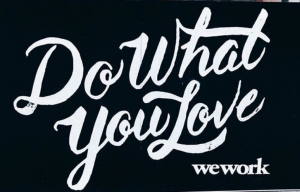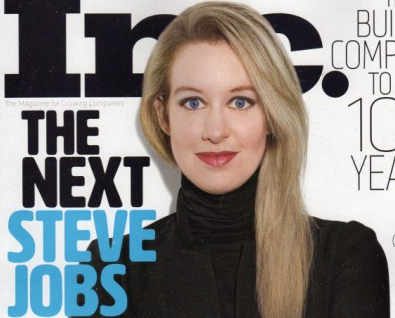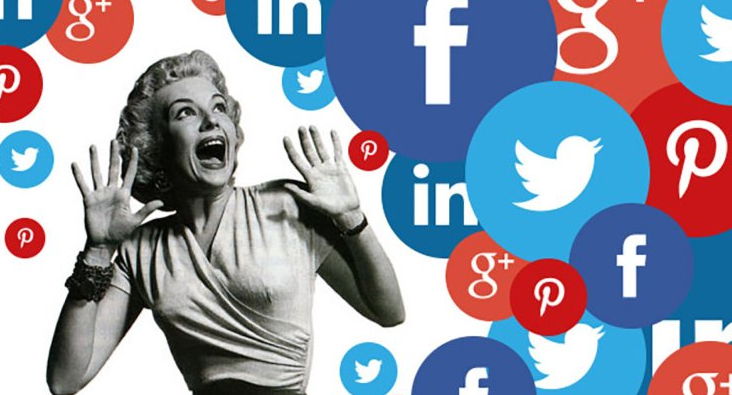Where in the World Is Travis Kalanick?

If your reaction to the above was ‘who cares?,’ do not pass go, do not collect $200. How can we so quickly forget one of the seminal unicorns of Web 2.0.
Theranos founder Elizabeth Holmes was convicted of four of the 11 counts of fraud brought against her (three of the charges were dismissed and the jury was deadlocked on the other four, so it may not be over yet), and while she may serve (a reportedly fairly negligible amount of) jailtime, did this send chills through Silicon Valley, which at this point has become a generic term, like ‘Band-Aid’ and ‘google,’ considering that Report: Californians Leaving for Texas So Rapidly, U-Haul Ran Out of Trucks?
Will this verdict be a wake-up call? The Elizabeth Holmes verdict: Silicon Valley’s reckoning or a single bad apple? Will the guilty verdict change “fake it ’till you make it” culture?, the Mercury News asked. “Experts say the guilty verdict and the potential prison sentence it carries are sure to send a chill down the spines of entrepreneurs and investors — especially in the health care field — and prompt them to tread carefully. But it may not be the major reckoning that some have been clamoring for in Silicon Valley, where criminal charges remain rare and money continues to flow.”







